On the 25th of September, two core members of The Overpopulation Project attended the “Ethical perspectives on population and the sustainable development goals” workshop organized by the Institute for Future Studies in Stockholm, Sweden. At the one-day workshop, we gained valuable insight into how philosophers and political scientists frame the relationship between human population growth and climate change.
By The Overpopulation Project
Last week, several team members of the Climate Ethics and Future Generations project gathered with the objective of discussing population in the context of the Sustainable Development Goals (SDGs). The organizers Eric Brandstedt, Olle Torpman and Henrik Andersson noted that the SDG’s do not include population growth or population size, and were curious about the role of population in the broader SDG framework. The purpose of the planning workshop was to gather experts to evaluate the role of population in the SDGs, brainstorm new ideas, and identify potential collaborators for their future project. Although the aim was to uncover the relevance and significance of population to the SDGs, the presentations and discussions were mostly limited to the relevance and significance of population to climate change mitigation, a significant limitation.

The first speaker, Kalle Grill (philosopher from Umeå University) explained four moral differences between procreation and overconsumption, and discussed important distinctions to make when examining policies to limit (luxury) consumption and/or procreation. He argued that procreation has both higher instrumental and non-instrumental value than procreation, and that the environmental harms caused by children also depends on their independent choices and decisions, and hence should not be fully assigned to their parents. He also argued that as an environmental solution, the effects of limiting procreation are delayed compared to changes in consumption, but did not discuss practical conclusions or policy recommendations that might follow from the moral distinctions he draws.
Simon Caney (political scientist at University of Warwick) also stayed in the abstract theoretical plane while outlining his liberal approach to ecological sustainability. Although his presentation was limited to climate disruption, in theory his Ecological Liberalism framework could ensure complete ecological sustainability in a just and politically legitimate way, if properly worked out. The framework is built around an environmental impact cap that is fairly distributed among individuals. How individuals choose to “spend” their environmental allowance – via procreation or varying means of consumption – is up to them. Individuals can freely choose how to live within their fair shares, but all choices that affect the environment are charged to the individual’s allotted environmental allowance. Structural factors that influence one’s impact on the environment (e.g. infrastructure, public transit systems, waste systems) would be decided democratically at the lowest collective level possible.
In Caney’s framework, having children would not bear a stigma or be special compared to consumption acts that impact the environment. Ecological liberalism acknowledges limits and the role of population as it interacts with the other factors in the IPAT formula, but does not want to single out “P” from the equation. Caney argues that it is better to have campaigns explaining the merits of sustainable living, which would make obvious the importance of responsible reproductive choices. While massively relying on technological innovation, “T”, the approach does not consider technology alone sufficient. It is easy to agree with many of the features in this approach, as well its virtues of fairness and democratic self-government, but it is difficult to imagine it in practice.
The speaker who raised the most questions in our minds was Hilary Greaves (philosopher, Oxford University), who discussed contrarian perspectives on the population debate. She concluded that it is not obvious that smaller future human populations would be better than larger populations in terms of climate change mitigation and resource depletion. Instead, Greaves emphasized the benefits of a larger, growing population. She argued that since peak warming is determined by cumulative emissions, not by emission rates, the former must become net zero as soon as possible, achievable only through technological innovation. Since smaller populations (or slower population growth) only reduce the emission rate, she does not consider it helpful, even though slower emission rates allow more time for innovation.
According to Greaves, population growth fosters innovation, because in theory, more people will drive more technological progress. This is a common line of thought, but overlooks the untapped potential of billions of people who already exist, and also overlooks the fact that technological research globally is already strongly increasing. Currently, the fastest population growth occurs in parts of the world that lack quality education and opportunities, and this trend is likely to continue. Continued population growth in these regions will likely result in further untapped potential rather than world-saving inventions. Thus, even if we are thinking in techno-optimist terms, ensuring universal access to quality education would do more to untap the innovative potential of people who currently lack those opportunities than limitless population growth. In any case, the IPCC identifies population growth as one of the two main drivers of climate change, and notes that continued population growth will further intensify climate impacts by undermining societies’ abilities to adapt. Greaves’ view ignores these points, as well as the contribution of population growth to freshwater shortage, logging of tropical forests, and the extinction of species.

A similarly questionable idea is the need for temporary resource overshoot to stimulate innovation, based on Boserup’s theory that “necessity is the mother of invention.” According to Boserup and Greaves, we would not have achieved advanced societies without past population pressure forcing innovation, and we need future population pressure to further advance societies. This then begs the question, how “advanced” do we want to be, and what are the trade-offs? The idea that technological innovation relies on population pressure left us unconvinced: larger future populations or faster population growth would hardly be good for future human and environmental well being.
Kimberly Nicholas (environmental scientist, Lund University), was concerned about unsustainability for the sake of both humans and non-human species. She illustrated the gravity and urgency of climate change by showing the latest data projecting coral reef death and biodiversity loss. She highlighted that population and economic growth continue to be the main drivers of rising carbon emissions. Despite this, according to Nicholas, limiting population growth today and in the near future is irrelevant for solving the climate problem. This is because we have only 8 or 22 years to limit global warming to 1.5° or 2°, respectively, and most impacts of fertility reductions would occur beyond these time limits; thus, the positive impacts of reducing population growth are too long-term. Although the size and growth of populations is relevant in climate adaptation, it is not as relevant because it does not help solve the problem, and the people who must solve the problem are alive today. The solution demands that we stop burning fossil fuels as soon as possible.

Nicholas’ solution to climate disruption is well known. But so far, insufficient action has been taken. Therefore, long-term investment in family planning programs is a desirable complement to other efforts, in our view.
Nicholas also reviewed how the ‘population-climate’ connection is talked about in the media, concluding that it is a difficult, divisive topic to discuss that requires courage, or at least a hard head. The Overpopulation Project certainly agree with this conclusion, based on our experiences.
Dean Spears (economic demographer and development economist, University of Texas Austin), was the last speaker. He provided further evidence for the argument that fertility policies today are not very effective in mitigating climate change in the short term. If fertility dropped instantly to replacement fertility (2.1 children/ women), it would limit global warming only 0.5°, from 7.1° to 6.4°, compared to a business as usual scenario[1]. This is partly because even with instantaneous replacement fertility, the global population would still increase to about 9 billion due to population momentum. In addition, even if unintended pregnancies are reduced, Spears argued that there would be no significant effect on lifetime fertility outcomes, since achieved fertility is correlated with intended fertility. Thus, fertility policies need to focus on reducing intended fertility, which takes even longer.
Spears’ presentation thus continued a recurring theme of the meeting: that because greenhouse gas emissions need to be reduced very fast to avoid the worst of climate disruption, limiting population growth has little or no role to play in these efforts. However, this view ignores the fact that slower population growth has numerous benefits for individuals’, communities’ and countries’ adaptive capacity and resilience. It is also true that climate change, while important, is only one of many global environmental challenges facing humanity. Arguably, looking to the long term, population stabilization or reduction does have a role to play in overcoming these environmental challenges.
The organizers concluded in the media that there was a clear consensus among the speakers that restricting procreation is not an effective means of combating climate change, and that the benefits of reducing population growth are limited. However, they excluded the role of population in adaptation to climate impacts, and all non-climate change environmental challenges. Though we heard some contradictory and controversial ideas, The Overpopulation Project wishes them good luck in their research and is interested to see how it evolves in the future.
References:
[1] Mark Budolfson and Dean Spears, “Population momentum, population ethics, and the prospects for fertility policy as climate mitigation policy” ; working paper (2019)


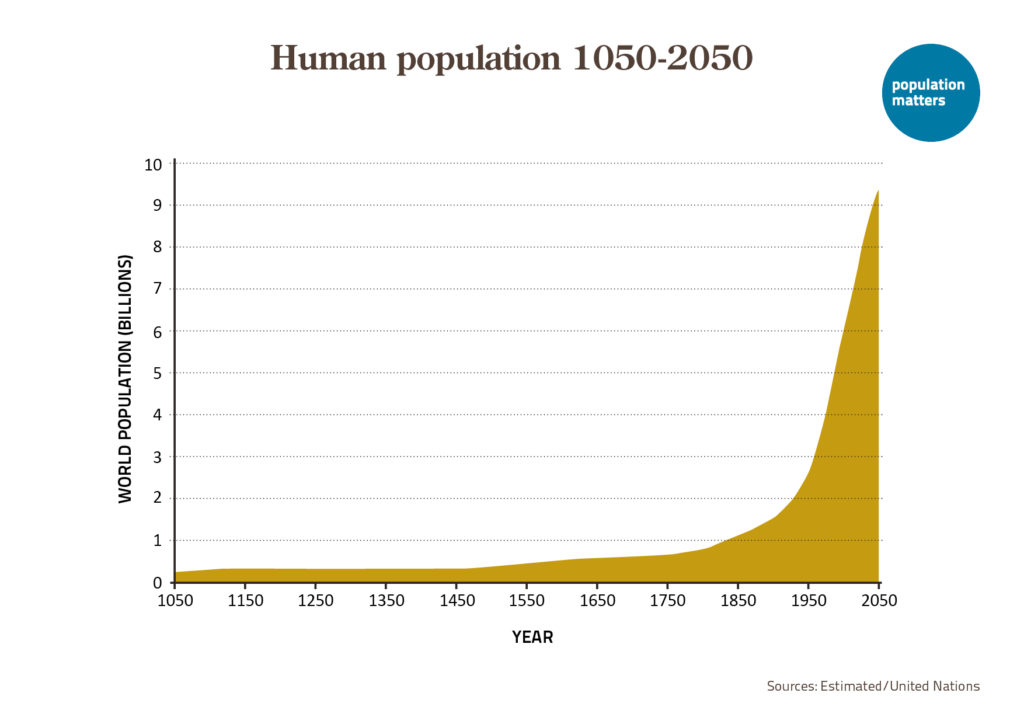
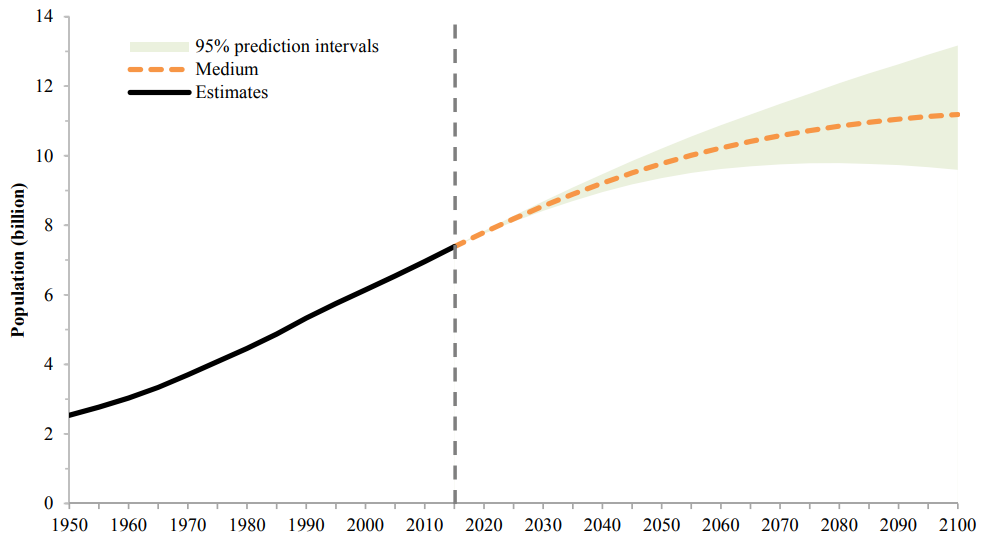
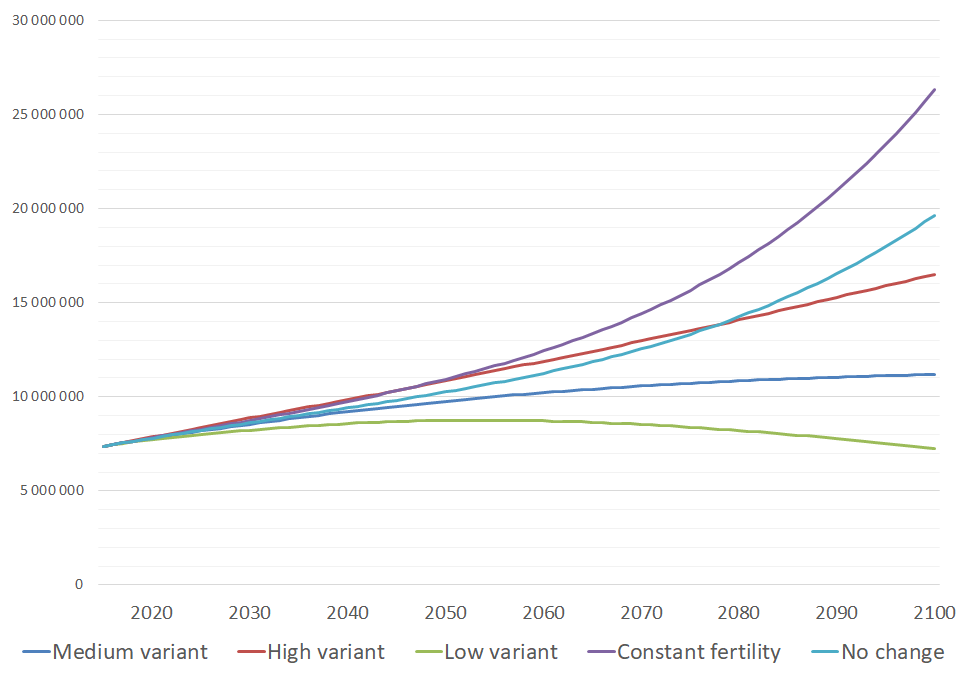
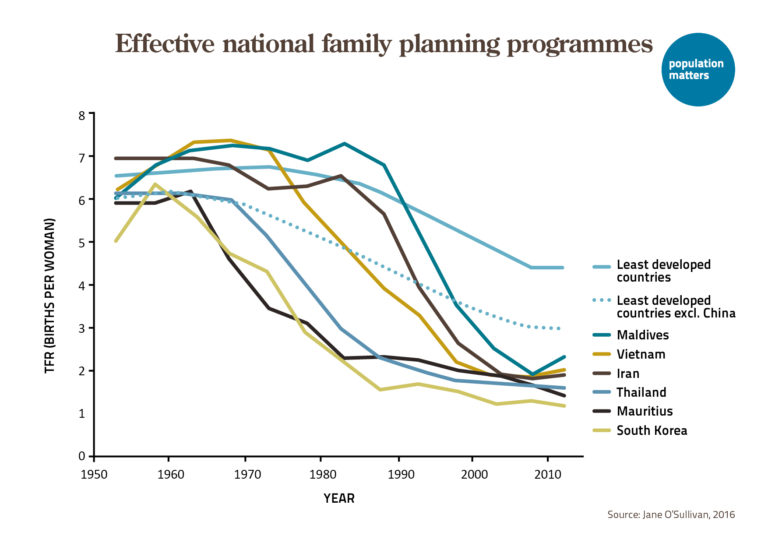

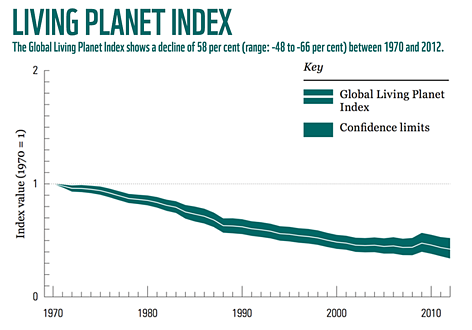
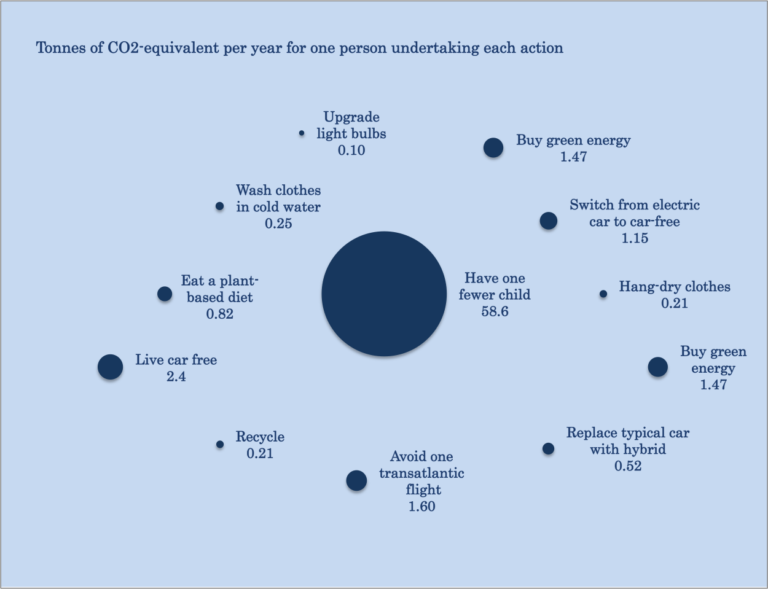
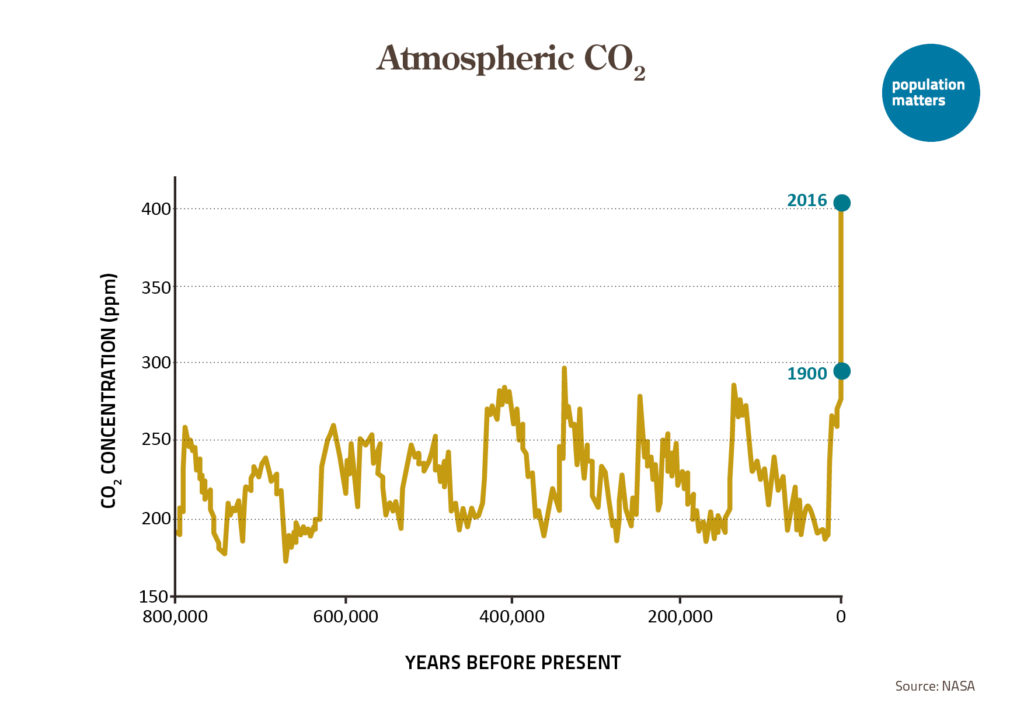
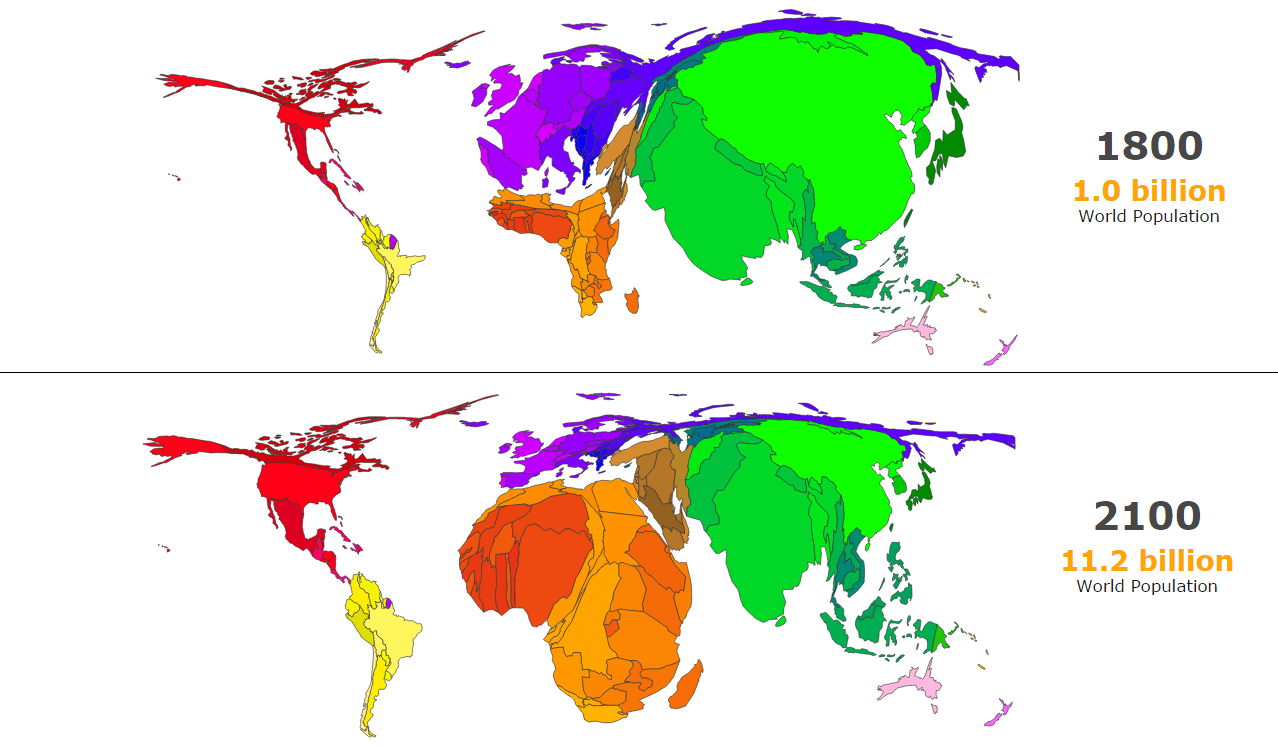
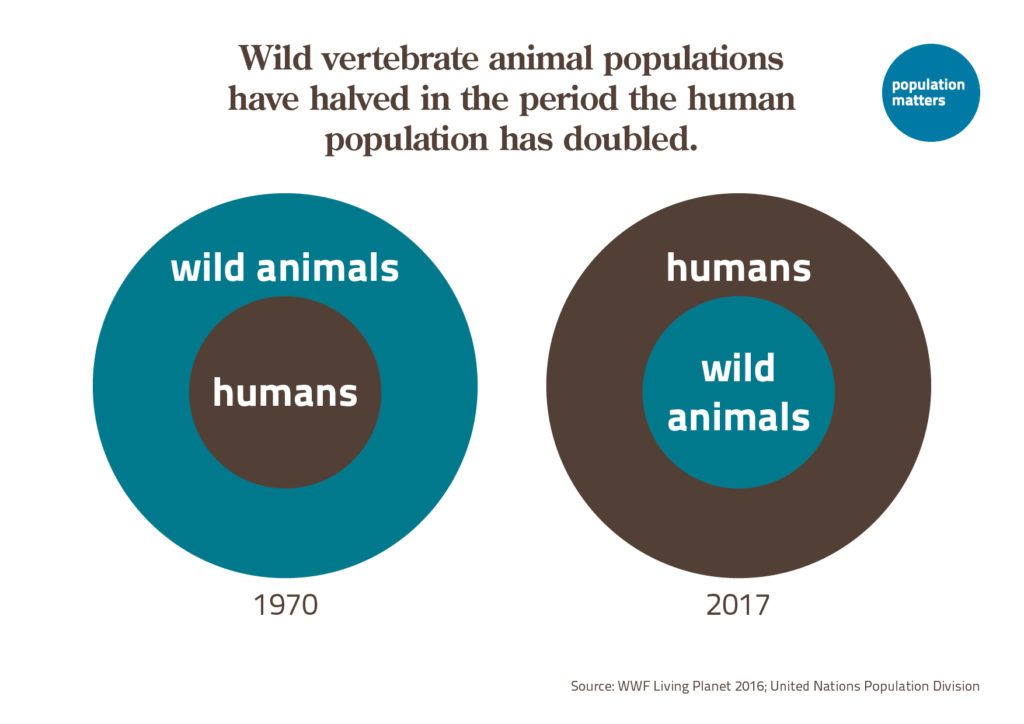
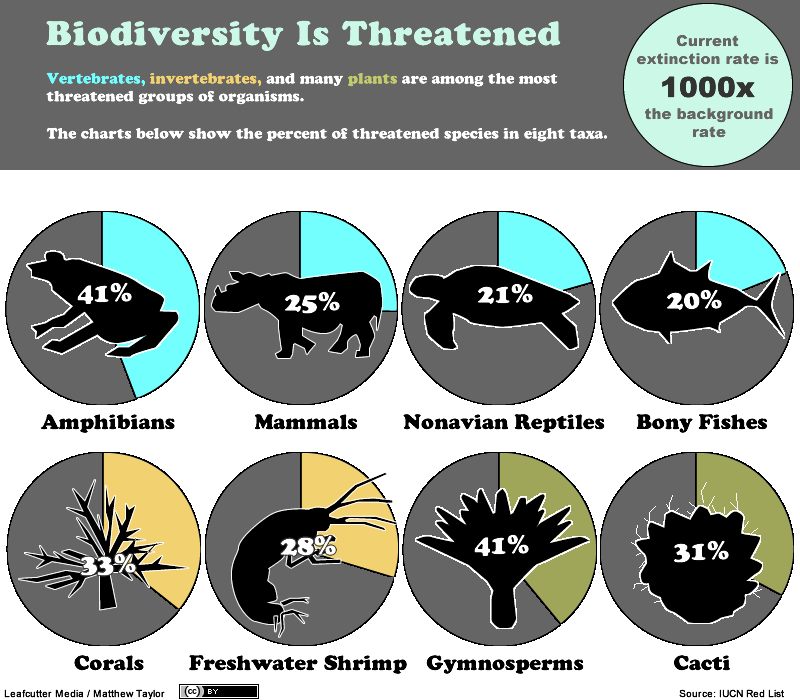
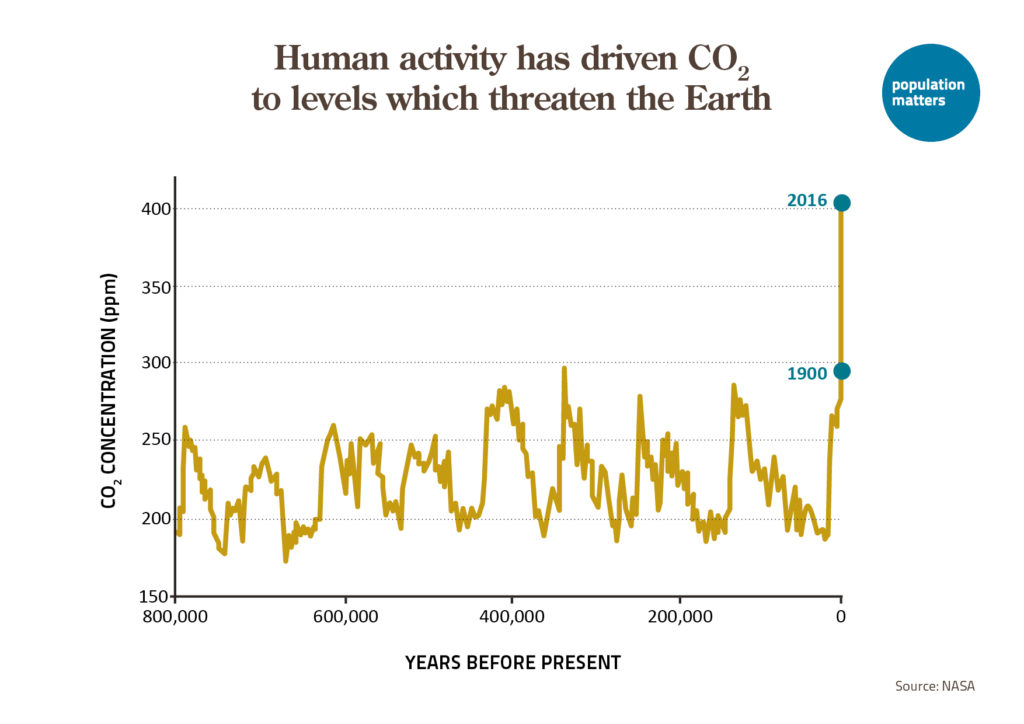
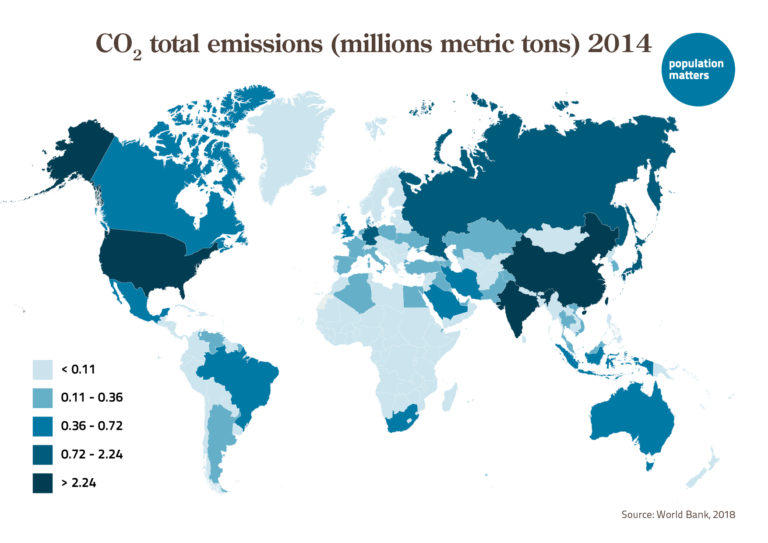

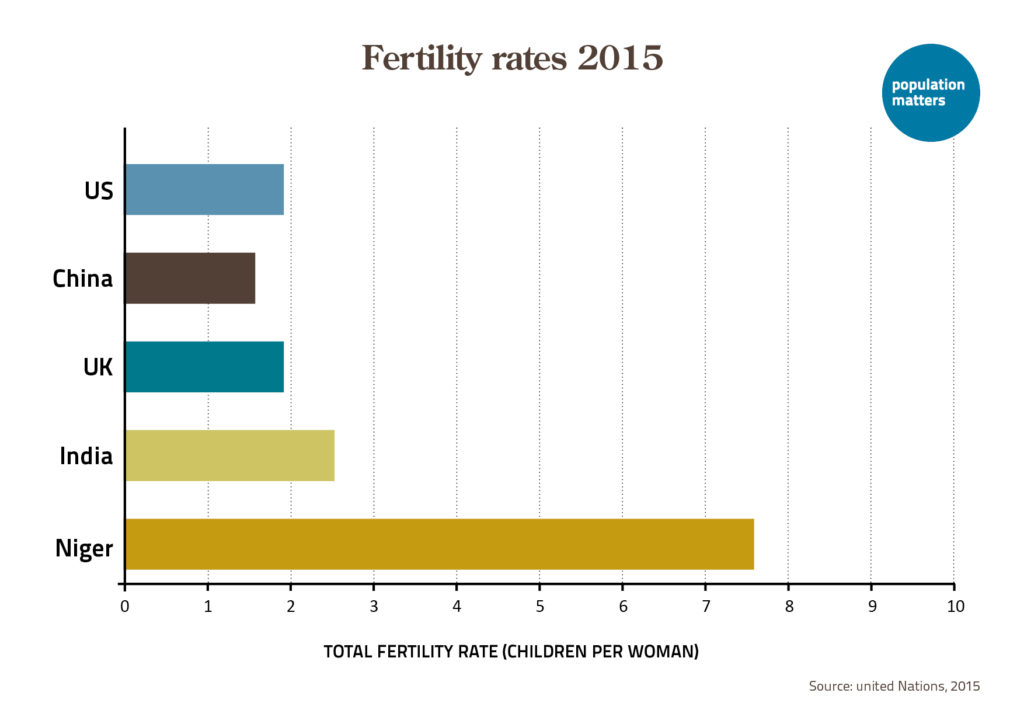
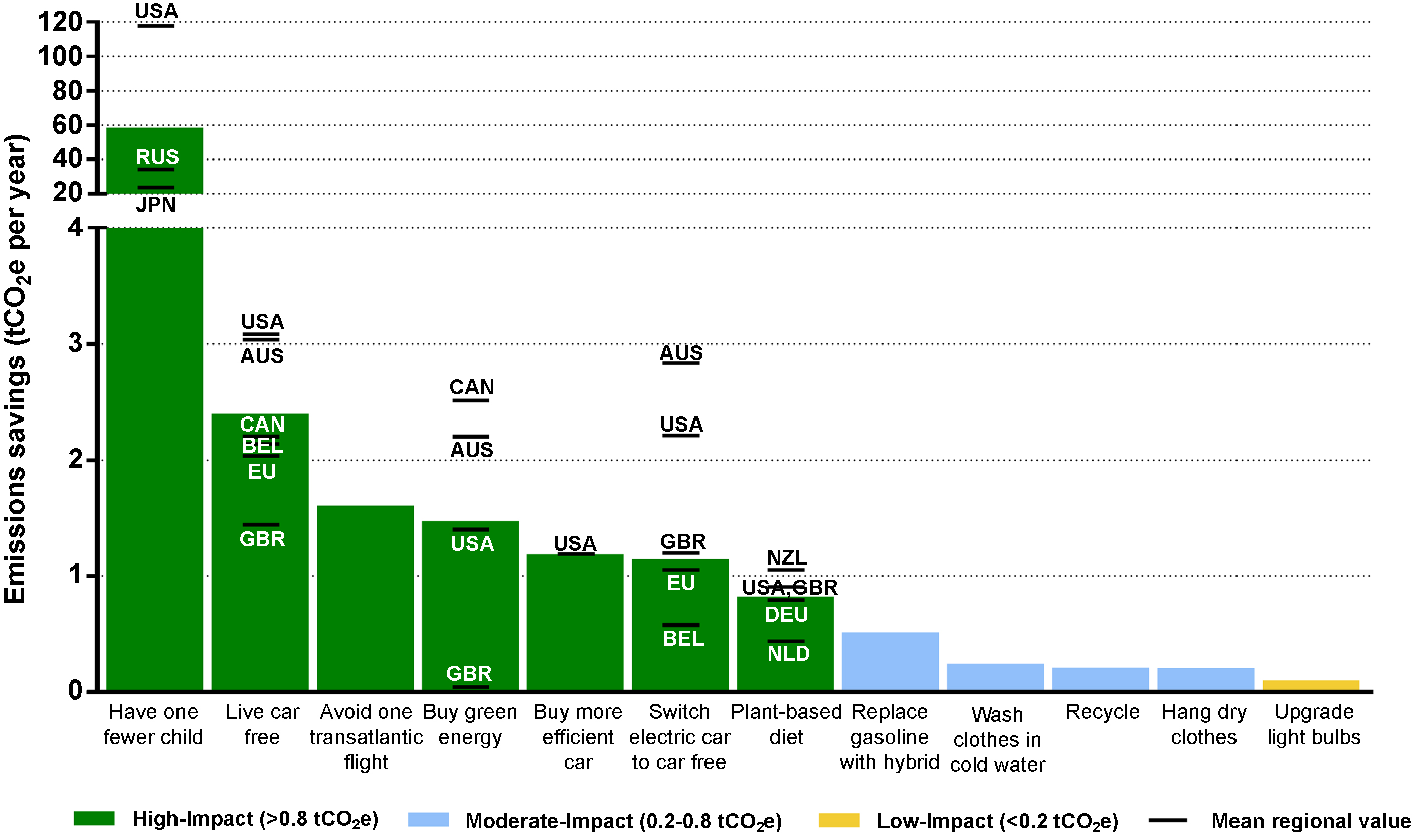



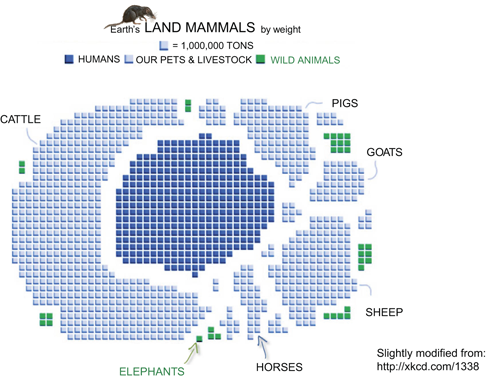

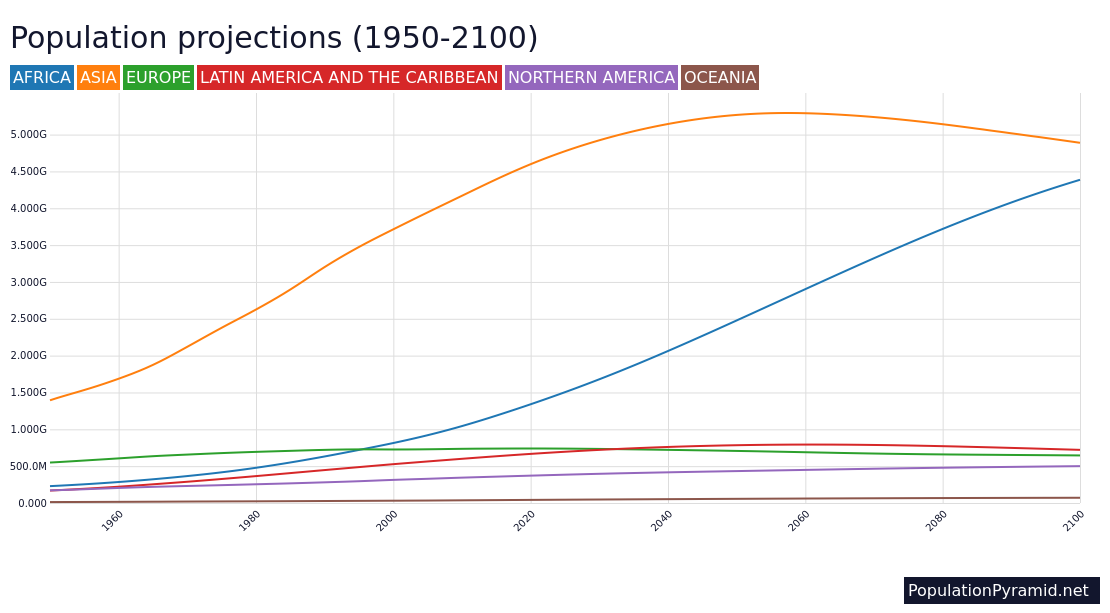
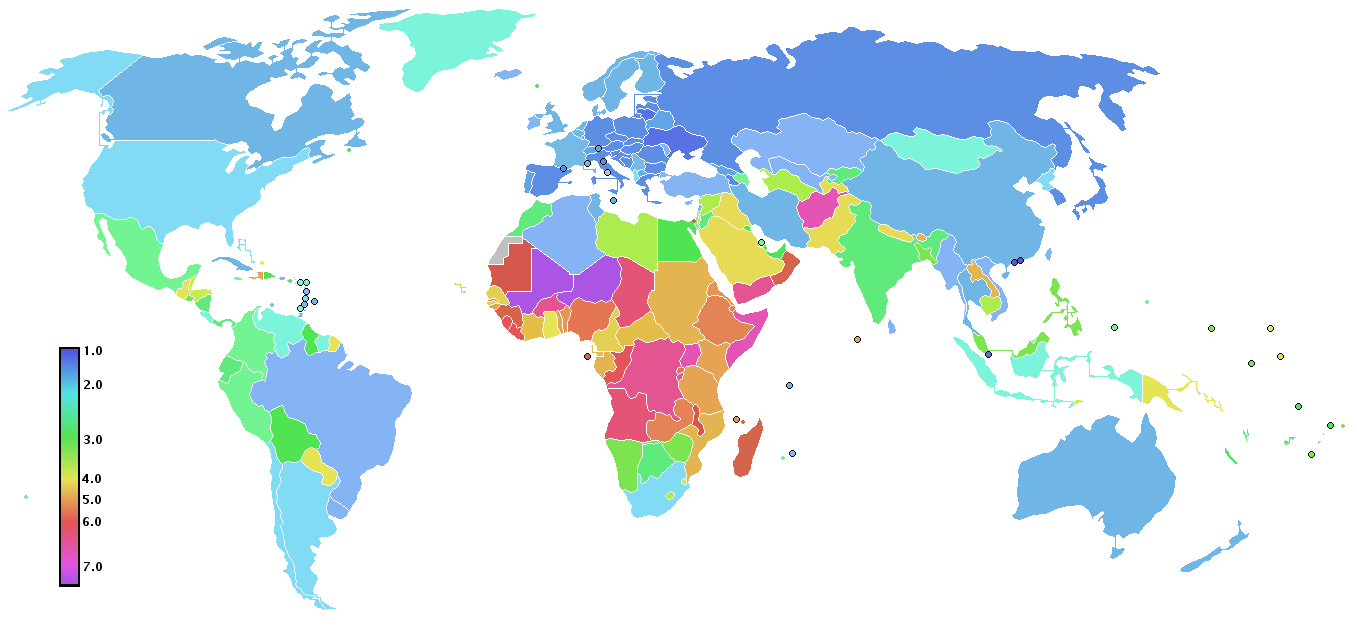
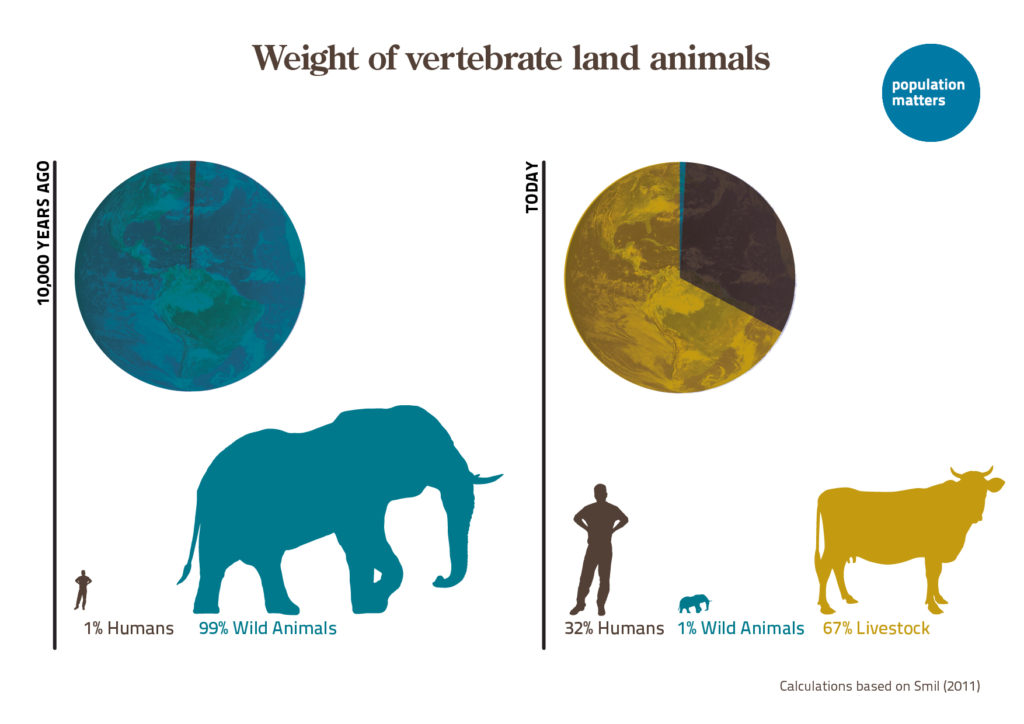

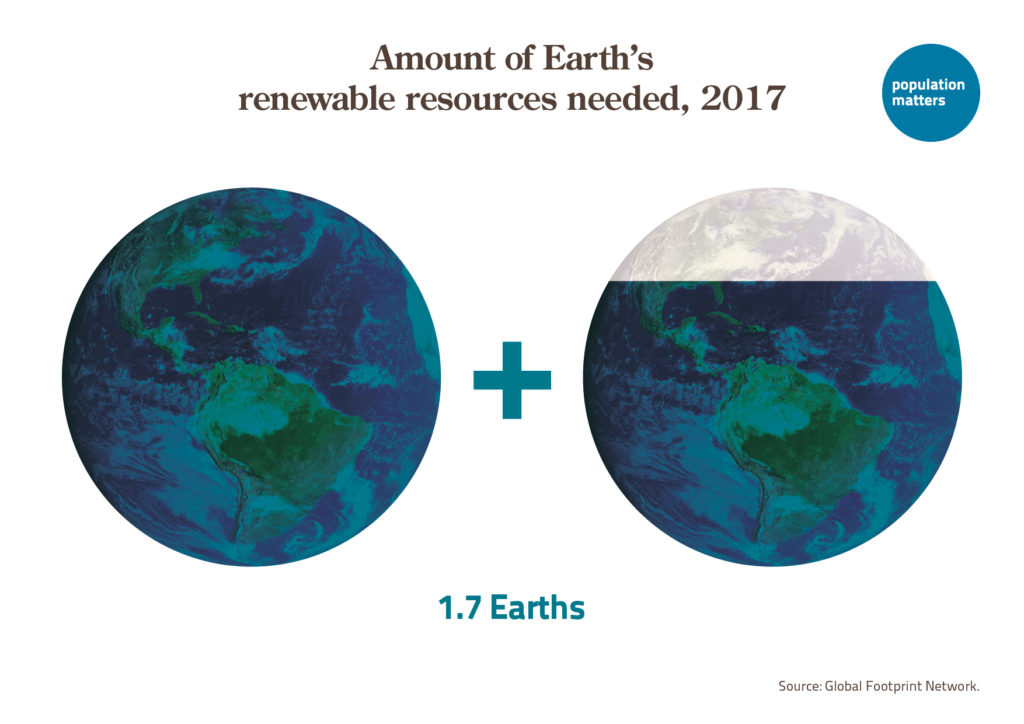


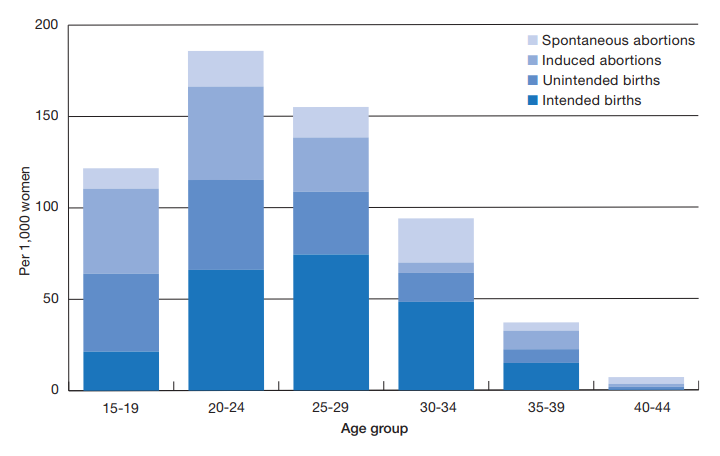
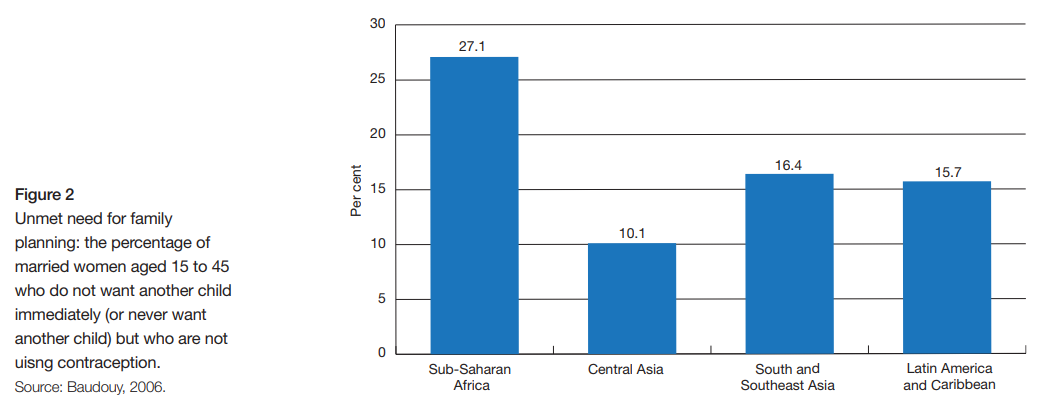
Leave a Reply